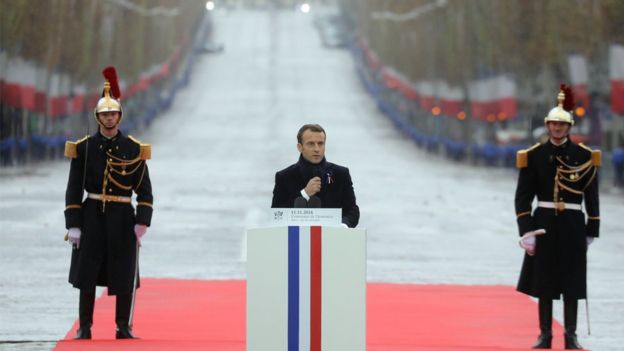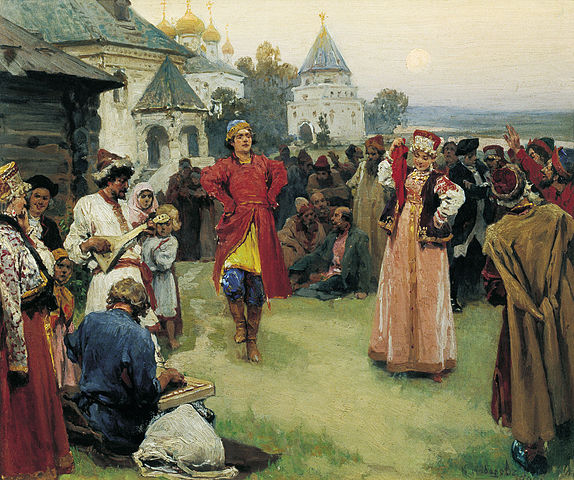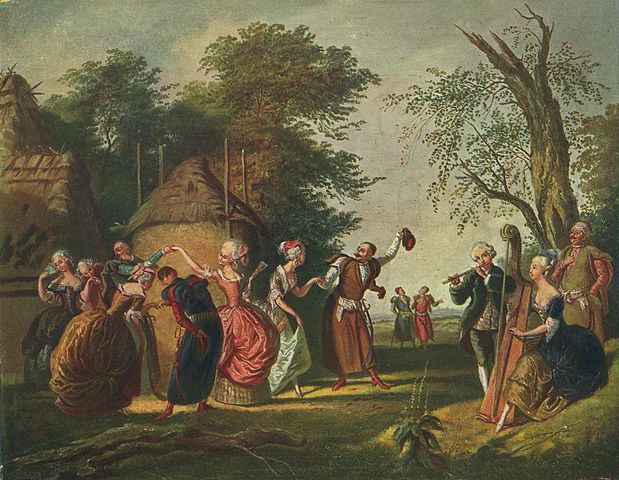
Among the recent events marking the centenary of the end of World War I, French President Emmanuel Macron delivered a passionate speech at the base of the Arc de Triomphe in Paris warning against the current rise of nationalism in the world. Speaking in French, Macron likened this trend to “old demons coming back to wreak chaos and death.” Referring to nationalism as “a betrayal of patriotism,” he claimed the millions of soldiers who died in the Great War fought to preserve a world order of liberal values. He said they refused to accept the selfishness of nations only looking after their own interests. “Patriotism is the exact opposite of nationalism,” Macron said.
The word ‘nationalism’ is often defined as loyalty and devotion to a nation, and perhaps synonymous with patriotism. But are nationalism and patriotism the same? If I love my country, its history, heroes, legends, landscape and lore, I am considered patriotic. Is that the same as being nationalistic? Today, we tend to reserve the use of the word ‘nationalism’ to refer to extreme patriotism, especially when it exhibits a sense of superiority.

In the world of music, nationalism involves the use and incorporation of national musical elements and idioms, like folk songs and folk dances and the reflection of a nation’s subjects in its operas, ballets, symphonies and concertos. For example, in the 18th century music in Russia was dominated by imported composers from countries like France, Italy and Germany, who created music pretty much as they would have back in their home nations. Then at the turn into the 19th century, Russian music tended to be European-sounding, but now composed by Russian-born composers who had trained and studied in western Europe. Much of it sounded like music by Mendelssohn or Schumann. But later, the “Mighty Five” or the “Russian Handful” (Balakirev, Cui, Borodin, Mussorgsky, Rimsky-Korsakov) dreamed of developing a nationalist form of music that was based in Russian musical idioms, folk songs and dances. It would tell of Russian subjects, heroes, legends and values. The Mighty Five reacted against mainstream western European nationalism and its dominance over Russian music. Tchaikovsky was not considered one of them, because the Mighty Five felt his music was too “European-influenced.” (Today, we acknowledge that Tchaikovsky’s music is just as Russian as any of the members of the Mighty Five, but time has always been a great filter.) All in all, the Russian musical identity, distinctiveness and consciousness grew out of this 19th-century movement.

There are many other examples. What would Bartók be without his love, knowledge and incorporation of Hungarian folk music and culture? Chopin without Polish dance forms like the mazurka or polonaise? Dvořák without the Czech dumka or furiant? Vaughan Williams without the English folk song and English choral tradition? In the 19th century nationalism often pitted nations against one another, as sovereignty, confidence and maturity were gained. And yet nationalism in music allowed for a better understanding of foreign countries, offering insight and understanding. Composers caught and reflected their nations and respective people, even their politics. The impact of the Soviet-era composer Shostakovich is how he reflected the feelings of everyday Soviet citizens – their hopes, fears and aspirations. Similarly, Gershwin and later Copland and Bernstein caught and reflected the values and concepts of the emerging U.S.A.
Music is often called the universal language. But is it? Can it transcend nationalism and patriotism? Can music truly be universal without nationalism? Or is music nationalism itself a crucial part of the universality of music?
In my 2019 Toronto Pursuits seminar Heart & Soul: Nationalism in Music, we will be listening to many examples of nationalism in classical music, and discussing how, when and why the composers employed it, and the results. As the world continues to shrink into the global village, will a truly universal music be developed, devoid of nationalism?
I hope you’ll join me in Toronto in July 2019 for what promises to be a stimulating and ear-opening voyage of discovery.
— Rick Phillips


